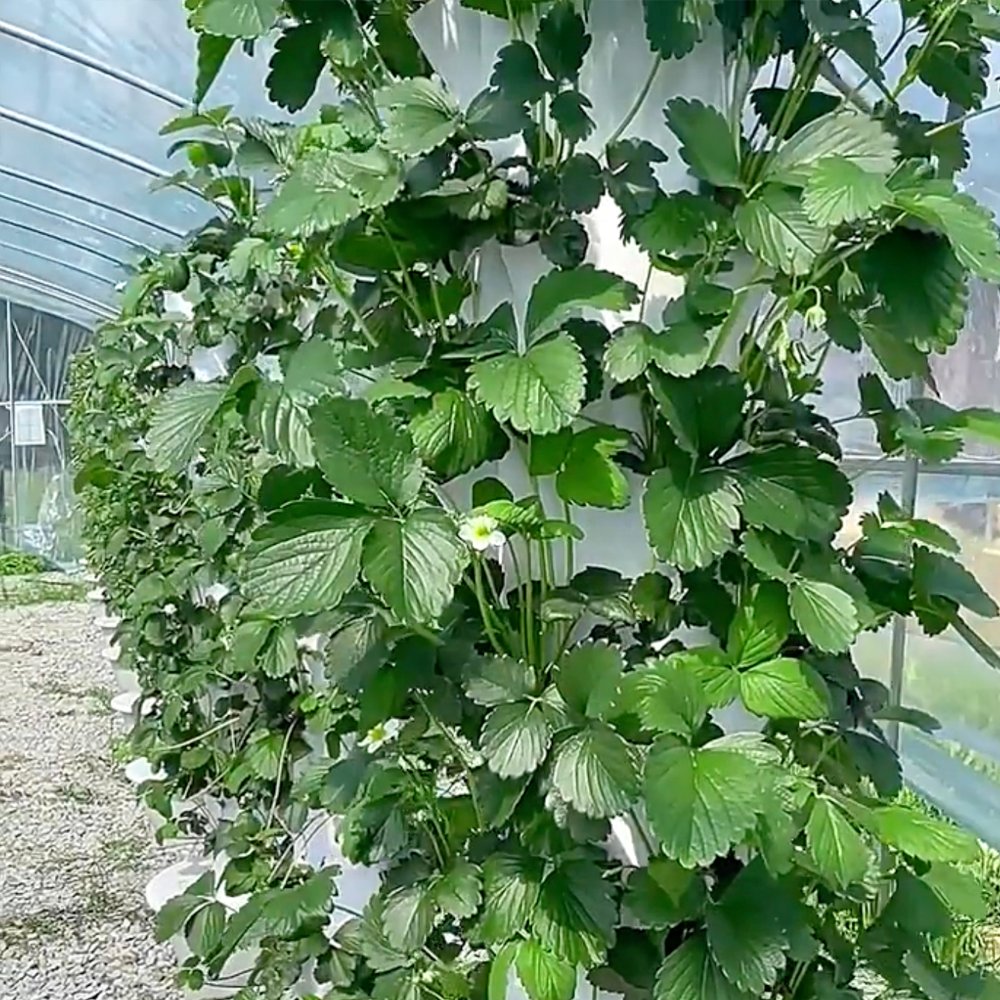Our Location
304 North Cardinal St.
Dorchester Center, MA 02124

Hydroponic gardening, the method of growing plants without soil by using nutrient-rich water solutions, has gained popularity in recent years due to its numerous benefits. This innovative approach to agriculture offers several advantages over traditional soil-based farming, making it an attractive option for both commercial growers and home gardeners.
Hydroponic systems provide plants with direct access to essential nutrients, allowing them to grow up to 30-50% faster than soil-grown plants. Without the need to expand roots in search of nutrients, plants can focus their energy on upward growth and fruit production.
Since hydroponics does not rely on soil, plants can be grown closer together in vertical or compact systems. This maximizes space efficiency, making it ideal for urban farming, indoor gardens, and areas with limited arable land.
Hydroponics uses up to 90% less water than traditional farming because the water is recirculated within the system. This makes it a sustainable solution for regions facing water scarcity.
By eliminating soil, hydroponic systems reduce the risk of soil-borne diseases, fungi, and pests. This minimizes the need for chemical pesticides, resulting in healthier, organic produce.
Hydroponic gardens can be set up indoors with controlled environments, allowing for year-round growing regardless of external weather conditions. This ensures a consistent supply of fresh produce even in winter.
Growers can tailor nutrient solutions to meet the specific needs of each plant, optimizing growth and improving flavor, texture, and nutritional value.
Without soil, there are no weeds to remove, reducing labor and maintenance efforts. Hydroponic systems also prevent soil erosion and nutrient runoff.
Hydroponic gardening offers a sustainable, efficient, and high-yielding alternative to traditional agriculture. Whether for home use or large-scale farming, its benefits make it a promising solution for the future of food production.